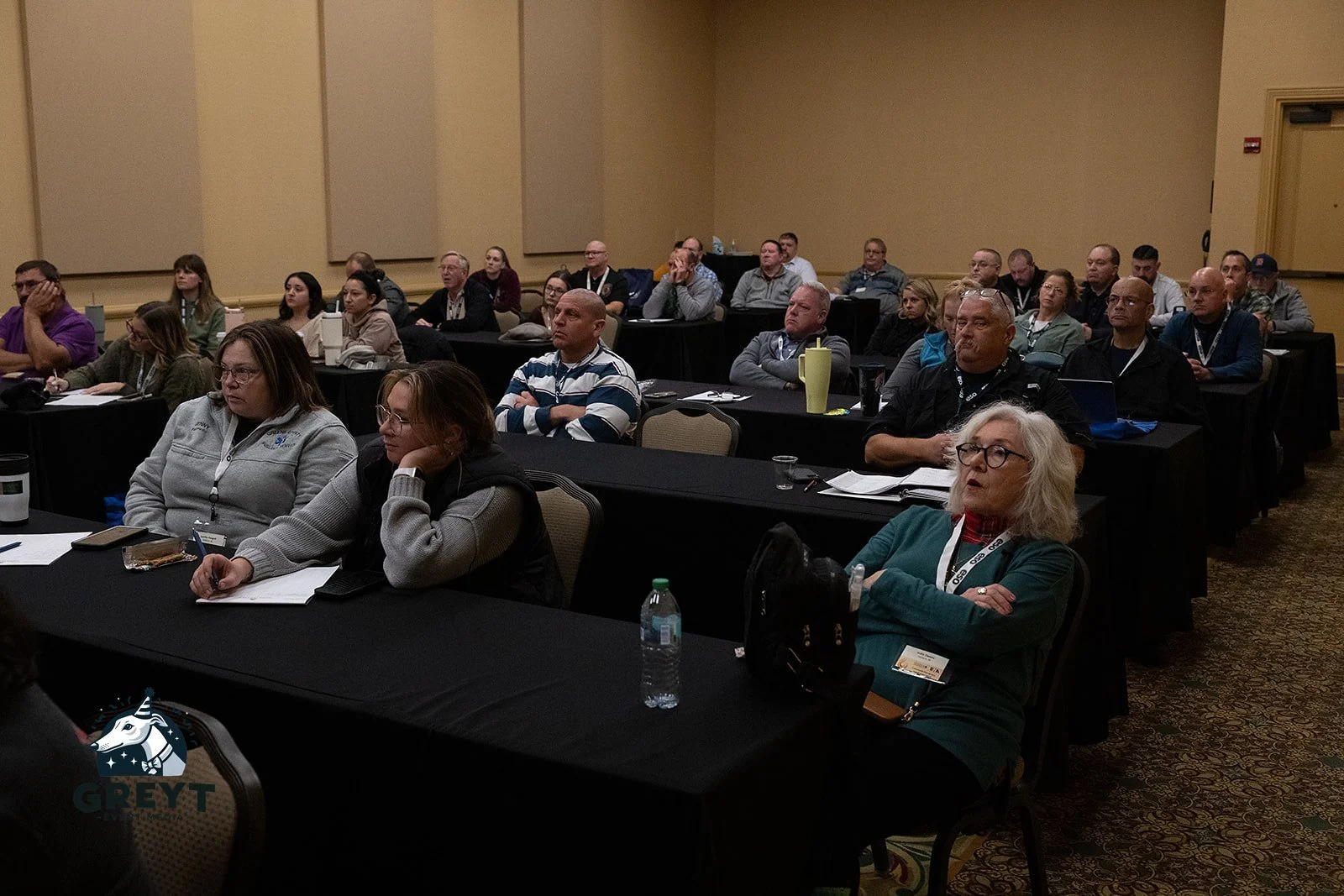Crossroads Emergency Conference 2025:
Preconference and
Additional Conference Offerings
November 20-21, 2025
Preconference offerings for November 19, 2025, are listed below.
-
Make the Right Call: Critical thinking for Improved Cath Lab Activation
Learning Objectives, Topics, and Goals
Integrate the clinician’s own ECG interpretation, the patient presentation and the device’s interpretive statement
Use ECG findings to identify the probable clot composition and appropriate treatment
List two strategies to obtain a clear ECG in a moving environment
Correctly determine the magnitude of ST deviation
Recite updated criteria for ST elevation
Utilize ST monitoring/serial ECG to increase correct STEMI recognition
Recognize clues on the standard 12-Lead ECG suggesting the presence of an isolated posterior STEMI
Describe landmarks for posterior electrode placement (V7, V8, and V9)
Obtain posterior leads with both 6 and 9 chest ECG cable configurations
Utilize the correct ST threshold to suspect isolated posterior STEMI
Discuss the difference between NSTEMI/STEMI versus NOMI/OMI
List 3 STEMI equivalents
Recite the ECG findings suggestive of Wellens syndrome, De Winter T waves and Left Main-Multi Vessel disease pattern
Recognize reciprocal changes in aVL as a potential impending inferior STEMI, before ST elevation criteria are met
Describe the correct electrode placement for V3R, V4R, V5R and V6R
Obtain a 15-lead ECG with both 6 and 9 chest ECG cable configurations
Integrate information from right ventricular leads to better assess and manage hypotension, chest pain,n and AV block in STEMI
Apply a strategy to differentiate hyper acute T waves from hyperkalemic T waves
Identify the most common STEMI impostors encountered in the EMS/ED setting
Describe a process for ruling out the top STEMI impostors in 3 seconds.
Analyze the ST segment for convexity and concavity ignorer to suspect STEMI in the midst of a STEMi impostor
Identify ECG findings of BBB and differentiate RBBB form LBBB
Apply the original and modified Sgarbossa criteria to LBBB cases
Utilize a model of critical thinking that increases appropriate Cath lab activation and simultaneously reduces STEMI overall
Faculty: Tim Phalen
Price: $100.00, which includes lunch.
Registration: Registration is required for this course. You may sign-up for this course in the registration process.
Location: Ford Room
Time: 0900 - 1600
-
Clinical Judgement Workshop & Instructor Update
Description:
Clinical judgment is an essential ability that a competent and safe EMS clinician must use for effective practice. Without it, people get hurt. The clinical judgment domain is a recent addition to advanced-level NR examinations and is being assessed with three-phased scenarios and associated test questions. The workshop will cover the "why" of scenarios, define the construct, and immerse the learner into an applied exercise where innovative questions will be developed during the session through facilitated discussion and dynamic hands-on activities.
Presenters:
Kenny Navarro, PhD (c), Matt Ozanich, and possibly Terre Godde
Total preconference hours: 7 hours
4-hour preconference session
3-hour NREMT Indiana State Office Instructor Update
Price: $50.00, which includes lunch.
Location: Roosevelt Room
Time: 0900 - 1600
Registration: Registration is required for this course. You may sign-up for this course in the registration process.
-
3 Consecutive Sessions:
Learn
3 consecutive 20 minute sessions that will explore new technologies, how they are being used and what challenges they solve or create.
Analyze, Review, Challenge: Boomer, Doomer, Zoomer
Spend 60 minutes with your peers and find yourself in one of the three "CAMPS".
Boomers will analyze why the traditional way of doing things is better, Doomers will analyze the worst-case scenarios of the sessions or suggestions, a contrarians dream. Zoomers, will discuss what jumping both feet in would look like.
Mental Engagement: Brain food exercises
Engage in intentional curated exercises and experiences that are designed to help engage your brain. Neuro Aesthetics at its best.
Price: $100, which includes lunch
Location: Eisenhower Room
Time: 0900 - 1600
Registration: Registration is required for this course. You may sign-up for this course in the registration process.
-
Description:
This course is designed for provider, managers, quality assurance personnel, and billing company staff. This class will teach you best practices in documentation and insure that you are properly protecting yourself and your department.Price: $150.00. Registration fee covers, all course materials, lunch, and certification testing fees.
Location: Kennedy Room
Time: 0900 - 1600
Registration: Registration is required for this course. You may sign-up for this course in the registration process.
-
The Handtevy Instructor Course is an 8-hour, CAPCE-certified program combining live lecture and hands-on training. Designed for EMS professionals, this course certifies you to teach the Handtevy Provider Course at your department while earning continuing education credits.
Using the core principles of ACLS as a foundation, the course incorporates essential pediatric ALS concepts, focusing on the skills needed to rapidly and accurately treat critically ill or injured pediatric patients.
Thanks to sponsorship from the EMS Division of the Indiana Department of Homeland Security, this training is offered at no cost—including a buffet lunch.Key Details:
Format: Hands-on & lecture-based
Eligibility: Current Handtevy Mobile clients or those registered to receive Handtevy Mobile through state funding
Class Size: Limit one student per department (confirm with your department if you are not the lead trainer)
Date/Time: 0900 – 1700
Location: Truman Room
Fee: Fully sponsored by EMS Division of Indiana Department of Homeland Security
-
Description:
This training addresses the intersection of law and medicine, that is, the “forensic” aspect of nursing practice. In these sessions, attendees will learn how the court process works, including investigative work that occurs between the time the crime is reported and charges are filed. We will discuss pre-trial matters, including depositions, and the usual format of a criminal trial. Attendees will learn how the testimony of medical professionals is presented by attorneys and what types of cross-examination they may face. We will also talk about juror expectations and misconceptions about the human body, sexual assault, and what medical evidence can and can’t tell them. Pre-trial preparation of witnesses will also be discussed, as well as the importance of documentation and admission of evidence collected by medical professionals. Attendees will also learn from an experienced medical professional and will receive guidance on best practices for working with legal professionals. The training will also include a “mock examination,” showing the presentation of direct-examination and cross-examination of a nurse examiner. The day will conclude with a panel discussion, featuring nurses who will share their accounts of court experiences.Time: 8:30 AM - 5:00 PM
Location: Nixon Room
NCPD: 8 hours of nursing professional development contact hours
Faculty:
Kathleen Nolan, JD
Kristina Korobov, JD
Additional member for a panelPrice: $75
Registration: Registration is required for this course. You may sign-up for this course in the registration process.
Additional Conference Offerings will be listed soon.




